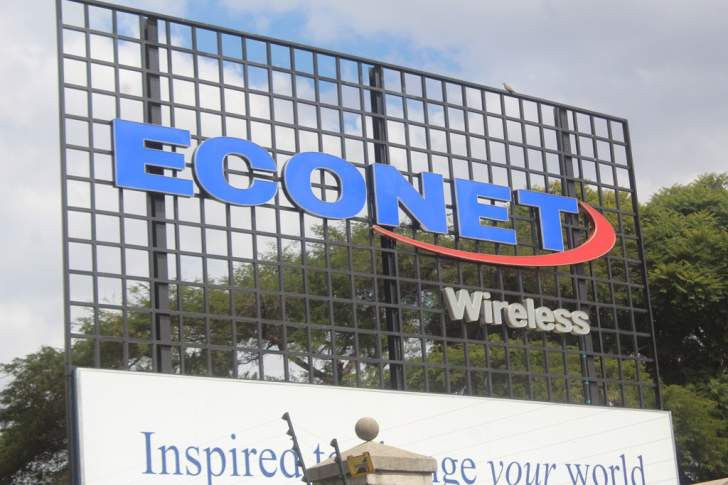
Zimbabwe Stock Exchange-listed telecommunications and technology company Econet Wireless’ current share price is undervalued despite the bluechip counter being one of the most traded firms on the local bourse, analysts have said.
Florence Takaendesa, an equities analyst with IH Securities, said Econet’s shares, trading at $84,0952, are currently undervalued by more than 50%, but she believes the stock has what it takes to rebound.
“We forecast Econet target price of US$0,37 versus current price of US$0,17, and a five-year historical average share price of US$0,50, implying an upside of 118%,” she said.
IH had anticipated Econet's total number of subscribers to maintain a positive trend as the business continues expanding.
“We expect data usage to keep on rising as businesses continue to embrace digitisation. However, despite improved availability of hard currency, we believe capital expenditure will continue being negatively impacted at least in the short-term as the group imports equipment and software for operating purposes; currently capex is hovering around 5% versus Sadc peers at circa 15%,” said Takaendesa.
“Contrarily, the telecommunications price index for voice, data, SMS and USD introduced by the telecommunications regulator last year is expected to continue cushioning the business from inflationary pressures.”
Econet, which has invested over US$3,5 billion in the past 24 years, recently became the first telecommunications company in the country to introduce 5G technology.
IH said Econet was not the only company which was affected by low investor confidence.
- Fresh warning over gold coins
- International Book and Copyright Day, in the context of reading culture and climate change
- Mboweni mentors emerging entrepreneurs, calls for integrity in business
- Mvuma land dispute turns nasty
Keep Reading
“The market as a whole is currently trading at a discount. Over the past three months, we observed a strong correlation between equities performance and macro inputs, like exchange rate and policy change, rather than fundamentals,” said Takaendesa.
“In addition, a combination of restricted lending and higher interest rates compelled investors to unwind positions and unlock funds from the stock market. Also, the introduction of gold coins presented another asset class on the market resulting in capital flight from ZSE,” she said.
ZSE recovered in September after making losses in four consecutive months to August amounting to nearly $2 trillion following government’s unveiling of a slew of economic policies in May which were intended to discourage market speculation that, according to authorities, was fuelling inflation.
The market had trended upwards since 2016, with inflation — driven mostly by currency ambiguity — pushing demand for stocks and other non-cash investments.
- Follow us on Twitter @NewsDayZimbabwe







